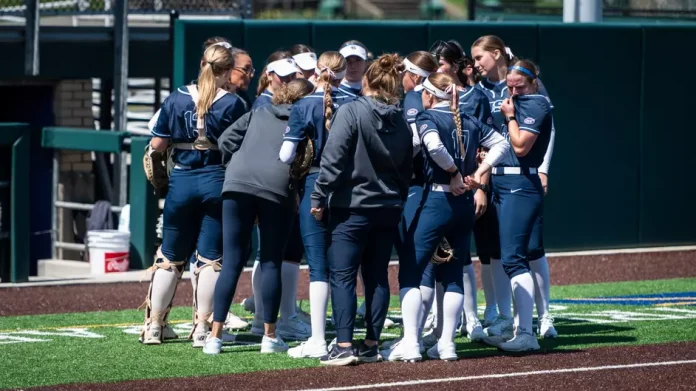Pursuant to Federal Register Notice 90 FR 4759 |
| Notice is hereby given that the Indiana Office of Community & Rural Affairs will hold a public comment period to solicit comments on OCRA’s 2025 Disaster Recovery Action Plan for the allocation and expenditure of $7,663,000 in CDBG-DR funds. The U.S. Department of Housing and Urban Development allocated these funds to Indiana pursuant to the Disaster Relief Supplemental Appropriations Act of 2025.
The State of Indiana receives funding toward this allocation only if a Congressional authorization makes disaster recovery funding available to the State. The Disaster Recovery Action Plan will set allocation priorities of those funds among activities authorized under title I of the Housing and Community Development Act of 1974 (42 U.S.C. 5301 et seq.) related to disaster relief, long-term recovery, restoration of infrastructure and housing, economic revitalization, and mitigation in the most impacted and distressed areas resulting from a qualifying major disaster that occurred in 2023 or 2024. The Office of Community & Rural Affairs’ 2025 Disaster Recovery Action Plan draft is expected to be filed with HUD on or about June 13, 2025. OCRA will have the 2025 Disaster Recovery Action Plan draft available for public inspection prior to its submission. The public comment period aims to collect input on programs funded through HUD under Title I of the Housing & Community Development Act of 1974 as amended, including the Community Development Block Grant Disaster Recovery Program. Members of the public are invited to review the 2025 Disaster Recovery Action Plan draft on April 28 through May 27, 2025, at the Indiana Office of Community and Rural Affairs, located at 1 N. Capitol Ave., Suite 600, Indianapolis, Indiana 46204, during the hours of 8:30 a.m. to 5 p.m. ET. The 2025 Disaster Recovery Action Plan draft will be available online here. Information regarding the 2025 Disaster Recovery Plan draft can be obtained by writing to:
|










